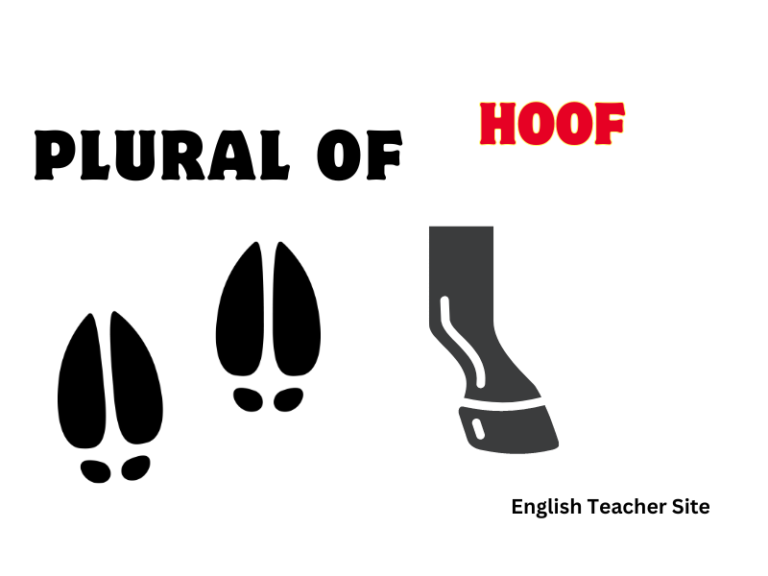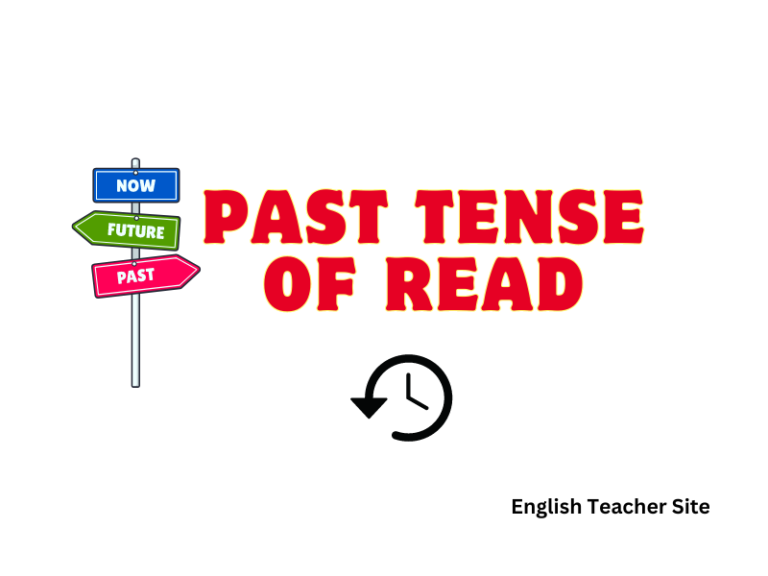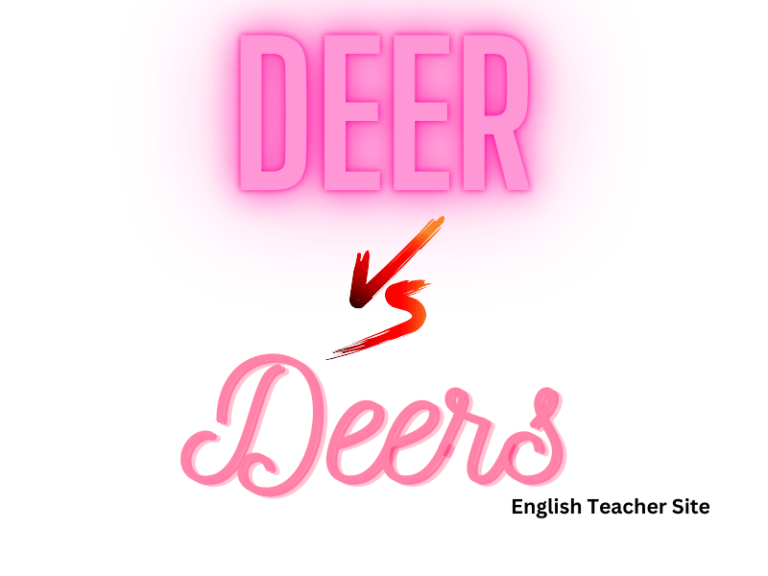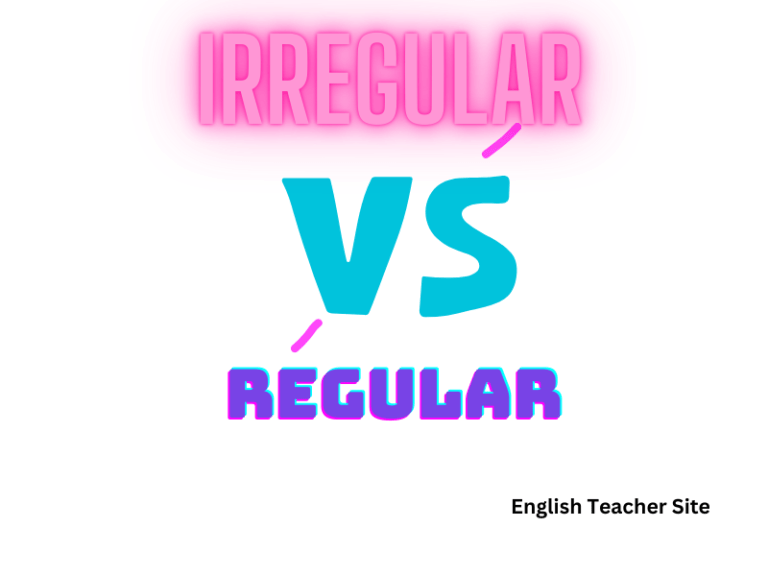What’s the Plural of Sheep: Sheep or Sheeps?
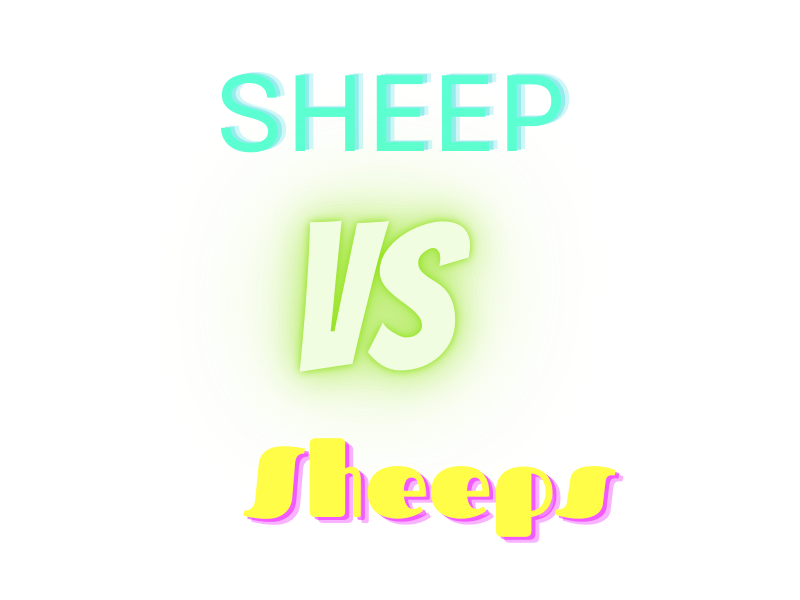
- “Sheep” is an irregular noun with the same form in both singular and plural.
- Historical language patterns contribute to why some nouns don’t change in plural form.
- Contextual cues within sentences determine the singular or plural interpretation of “sheep.”
“sheep,” which often leads to confusion on whether to add an “s” to make it plural. The correct plural form of “sheep” remains “sheep.” This noun is among the category of nouns that remain the same whether referenced in singular or plural form. Comparable to “deer” and “species,” “sheep” does not change when it refers to more than one.
What’s the Plural of “Sheep”?
Key Facts:
- Singular: sheep
- Plural: sheep
The table below displays how the word “sheep” remains unchanged whether it is singular or plural:
| Number | Form |
|---|---|
| 1 | sheep |
| 2+ | sheep |
In Context:
- A single sheep is in the field.
- Several sheep are grazing.
To further clarify the usage of the word in sentences:
- The farmer has one sheep.
- The farmer has fifty sheep.
Nouns with Unchanged Singular and Plural Forms
Examples of nouns with unchanged forms:
| Singular | Plural |
|---|---|
| sheep | sheep |
| deer | deer |
| species | species |
The above table illustrates nouns that retain their form regardless of number.
Similarly, some nouns related to animals and other categories follow this rule:
- fish (though “fishes” can be used when referring to different species)
- aircraft
- series
| Singular | Plural |
|---|---|
| cactus | cacti |
| nucleus | nuclei |
| syllabus | syllabi or syllabuses |
Plural Examples of “Sheep” in Sentences
Contextual Examples in Agriculture:
| Singular | Plural |
|---|---|
| There is one sheep in the pen. | There are twenty sheep in the field. |
| A sheep is grazing by the barn. | Several sheep are grazing on the hillside. |
Contextual Examples in Textiles:
| Singular | Plural |
|---|---|
| The wool from this sheep is particularly soft. | The wool from these sheep will be used for sweaters. |
| One sheep provides a certain amount of wool yearly. | Many sheep contribute to the wool supply of the local market. |
In literature and common speech:
- A flock of sheep passed by the road.
- The shepherd tends to his sheep diligently.
- Folktales often describe lost sheep finding their way home.
Additional Sentences with “Sheep”
Sentences with Singular Meaning:
- A lone sheep grazes in the pasture.
- The black sheep stands out among the white ones.
Sentences with Plural Meaning:
- The flock of sheep moves through the valley.
- Shearing sheep provides wool for textiles.
| Sentence Context | Sentence with “Sheep” |
|---|---|
| Singular | The shepherd notices that one sheep is lagging behind. |
| Plural | The entire herd of sheep is ready for shearing. |
- The farmer bought five sheep yesterday.
- The pen is designed to contain fifty sheep comfortably.
Possessive Forms of “Sheep”:
- The sheep’s fleece was exceptionally thick.
- The farmers discussed the sheep’s dietary needs.
The possessive form also does not change when “sheep” is pluralized, as context will dictate the meaning. Here are examples in a table format:
| Number of Sheep | Possessive Sentence |
|---|---|
| Single Sheep | The sheep’s wool is ready for shearing. |
| Multiple Sheep | The sheep’s feeding time is at sunrise. |
Phrases Involving the Word “Sheep”
Here’s a concise exploration of such phrases within the English language.
Common Phrases:
- Black sheep: This term is used to describe an odd or disfavored member of a group.
- Counting sheep: A method suggested to help one fall asleep, imagining sheep jumping over a fence.
Metaphorical Use:
- Like sheep to the slaughter: This saying implies going along with something without protest or realizing the danger.
- Separate the sheep from the goats: A biblical origin phrase, meaning to distinguish the good from the bad.
Literal Phrases
| Phrase | Use in Sentence |
|---|---|
| A flock of sheep | She tends to a large flock of sheep. |
| The wool of sheep | Wool from sheep is used in making sweaters. |
Metaphorical Phrases
| Phrase | Use in Sentence |
|---|---|
| Black sheep | He’s considered the black sheep of the family. |
| Counting sheep | She was counting sheep, trying to fall asleep. |
In everyday language, phrases involving “sheep” are employed to convey different meanings, both literally referring to the farm animal or metaphorically indicating conformity or nonconformity within a societal context.
One example is describing someone who doesn’t stand out in a group as “another sheep,” suggesting they follow the crowd. These usages highlight the cultural significance and linguistic versatility of the word “sheep.”
- Literally, “sheep” might denote the importance in agriculture, as in “sheep farming” or “sheep’s milk.”
- Metaphorically, it might reflect social dynamics, like being a “black sheep” in a family.
Terminology for Male, Female, and Baby Sheep
Male Sheep
Mature male sheep are known as rams. In farming operations where breeding is a focus, rams play a crucial role due to their genetic contribution to the flock. Rams are typically larger than their female counterparts and may have long, curved horns, depending on the breed.
| Age Group | Term |
|---|---|
| Adult | Ram |
| Young | Ram Lamb |
| Castrated | Wether |
Female Sheep
Female sheep are referred to as ewes. They are the reproductive backbone of any sheep farming endeavor, providing new lambs each season. Ewes are also valued for their wool, which is harvested annually in many breeds.
| Age Group | Term |
|---|---|
| Adult | Ewe |
| Young | Ewe Lamb |
Baby Sheep
Baby sheep, regardless of sex, are called lambs. They are born after a gestation period of roughly five months and are known for their playful, frolicsome nature. Lamb fleece is often prized for its softness and is sought after for luxurious garments.
- Lamb: A sheep less than one year of age
- Lambing: The process of giving birth in sheep
Collective Term for a Group of Sheep
Common Collective Nouns:
- Flock: The most frequently used term, denoting a group usually managed by a shepherd.
- Herd: Also correct, often applied to groups of various types of animals.
- Fold: Less common, traditionally referring to sheep kept in an enclosed area.
These terms can enrich one’s vocabulary and precision in the English language.
| Collective Noun | Description |
|---|---|
| Flock | Preferred term, denotes a group |
| Herd | Applies but less specific to sheep |
| Fold | Implies an enclosed space |
Usage Examples:
- A shepherd leads the flock to the pasture.
- The noisy herd of sheep disturbed the quiet of the countryside.
- In the village, every family keeps their sheep in a communal fold.
Sources
My name is Khamis Maiouf. I am the creator of the English Teacher Site, dedicated to providing valuable resources and insights for students around the world. With a passion for education and a commitment to helping students enhance their skills, I aim to make English teaching more effective and enjoyable for both educators and students.

